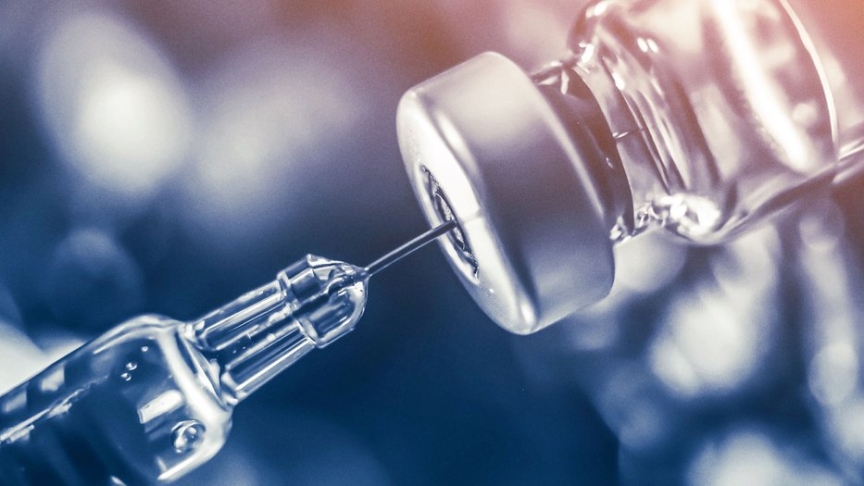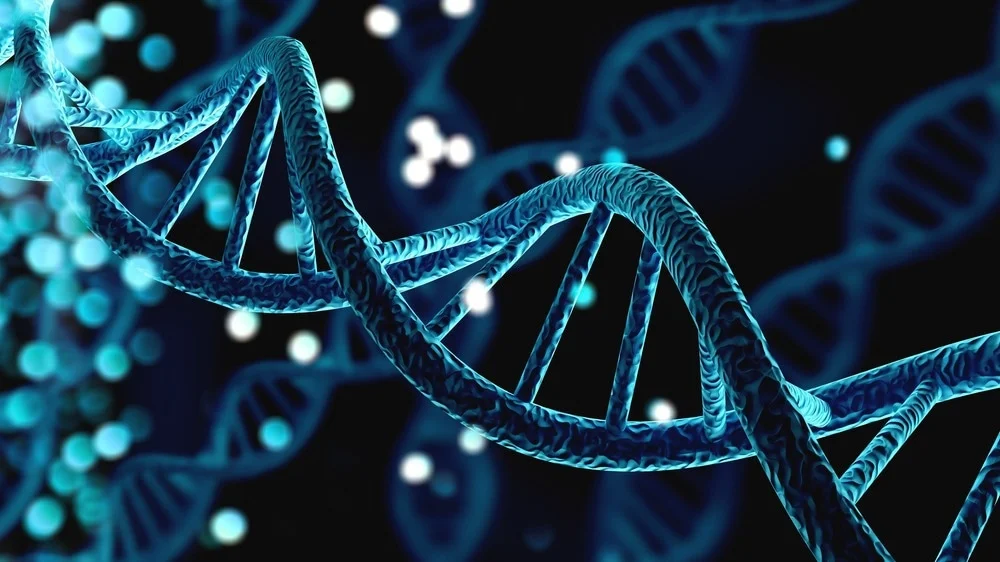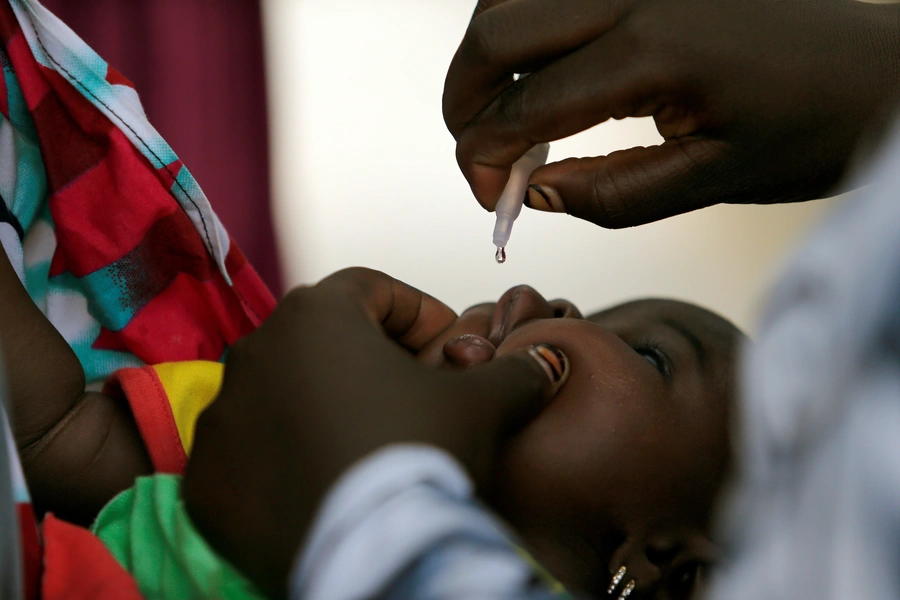Home / Blog / Health & Wellness
Difference Between Vaccination and Immunization Explained Simply

Have you ever wondered if vaccination and immunization mean the same thing? You're not alone. These two terms are often used interchangeably in conversations, health campaigns, and even by professionals — but they don’t actually mean the same thing. Understanding the difference is more than just a matter of wording — it can help you make better health decisions, follow medical advice more confidently, and protect yourself and your loved ones from serious diseases.
In simple terms, vaccination is the act of receiving a vaccine, while immunization is the process that follows — when your body builds up protection against a disease. One is an action (vaccination); the other is a result (immunization).
In this article, we’ll explain both terms clearly and simply, highlight their key differences, and share real-life examples to help you fully understand how they work together. Whether you're a parent, a student, or someone just trying to make sense of health information, this guide is for you.
Let’s break it down.
What is Vaccination?
Vaccination is the act of introducing a vaccine into the body, usually through an injection, oral drops, or nasal spray. The vaccine contains a harmless part of a virus or bacteria — often a weakened or inactivated form — that cannot cause disease but is enough to train your immune system.
Think of it as giving your immune system a “practice run.” Just like a fire drill helps you prepare for a real emergency, a vaccine prepares your body to recognize and fight off a specific disease in the future.
Here’s how it works:
- A vaccine is administered.
- Your immune system recognizes the substance as a threat.
- It creates antibodies and memory cells that stay in your body.
- If the real disease ever enters your system, your body will respond quickly and effectively.
Vaccination is one of the most effective tools in modern medicine. It helps prevent deadly diseases like measles, polio, hepatitis, and many more. However, it’s important to remember that vaccination does not mean you’re instantly protected — it takes time for your immune system to build that defense. That’s where immunization comes in.
What is Immunization?
Immunization is the process by which your body becomes protected against a disease. It’s what happens after you receive a vaccine — when your immune system successfully builds up a defense and “remembers” how to fight the disease in the future.
Immunization can happen in several ways:
- Through vaccination: This is the most common and safest way. Your body is exposed to a weakened or inactive version of the disease, learns to fight it, and becomes immune.
- By getting the disease and recovering: Sometimes, surviving an illness can lead to natural immunity — but this method is risky, painful, and can even be deadly.
- Via passive immunity: This happens when antibodies are passed from one person to another. For example, newborn babies get some protection from their mothers through breast milk or during pregnancy.
Key Differences Between Vaccination and Immunization
Although they are closely related, vaccination and immunization are not the same thing. One is a medical procedure, and the other is the body’s response to that procedure. Understanding the distinction can help you make sense of health information and vaccination schedules.
Here’s a simple breakdown of the main differences:
| Aspect | Vaccination | Immunization |
|---|---|---|
| Definition | The act of introducing a vaccine into the body | The process by which a person becomes protected from a disease |
| Type | A medical action (injection, oral drop, etc.) | A biological result (immune system builds resistance) |
| Purpose | To trigger an immune response | To develop actual protection (immunity) |
| Timeframe | Happens at a specific moment (e.g., doctor’s visit) | Develops over time after the vaccination |
| Guarantee of protection? | Not always — depends on how the body responds | Indicates that the body is now protected (if successful) |
| Can occur without a vaccine? | No | Yes — through disease recovery or passive immunity |
Real-Life Example
Let’s say a little girl named Amara visits the clinic and receives a measles vaccine. The moment that vaccine is injected into her arm, she has been vaccinated.
But protection doesn’t happen instantly. Over the next couple of weeks, Amara’s immune system gets to work. It studies the weakened virus in the vaccine, produces antibodies, and stores the information in memory cells.
Two weeks later, her immune system is fully prepared to recognize and fight off the real measles virus if it ever enters her body. At this point, Amara is immunized.
Now, if she comes in contact with someone who has measles, her body will recognize the virus immediately and fight it off — often before she even shows symptoms. That’s the power of immunization, which started with vaccination.
This real-life sequence shows why both terms matter — and why they’re part of the same disease prevention story.
Frequently Asked Questions (FAQs)
Q1: Can I be vaccinated but not immunized?
A: Yes. In rare cases, a person may receive a vaccine but not develop full immunity — either because their immune system didn’t respond strongly enough, or due to underlying health conditions. That’s why some vaccines require booster doses to ensure complete immunization.
Q2: Can I be immunized without being vaccinated?
A: Yes, it’s possible. If someone contracts a disease and recovers, their body may develop natural immunity. Also, babies can receive antibodies from their mothers (passive immunity). However, natural infection can be dangerous, which is why vaccination is the safer way to gain protection.
Q3: How long does it take to become immunized after vaccination?
A: It varies depending on the vaccine. Some vaccines begin to offer protection within days, while others may take a few weeks or require multiple doses spaced over time to achieve full immunity.
Q4: Why do people still get sick even after vaccination?
A: No vaccine offers 100% protection. While vaccines greatly reduce your risk, a small number of people may still get sick, but usually with milder symptoms and faster recovery due to partial immunity.
Vaccination and immunization are two sides of the same coin — but they’re not identical. Vaccination is the step you take to protect yourself by receiving a vaccine. Immunization is what your body achieves when it builds up the defense needed to fight off disease. Vaccination is what you get. Immunization is what you become.
Understanding this difference helps you make informed decisions about your health, know what to expect after receiving a vaccine, and better appreciate how vaccines protect not only individuals but entire communities.
Now that you clearly understand the difference between vaccination and immunization, share this article with friends and family to help spread awareness. If you have questions about vaccines or your immunization schedule, talk to a healthcare provider.
Stay informed. Stay protected. Get vaccinated — and become immunized.


